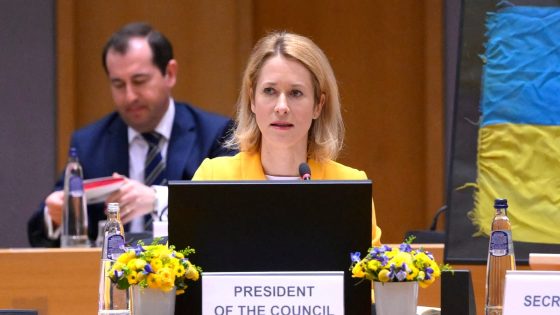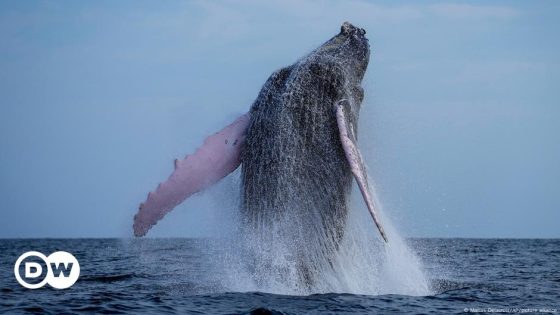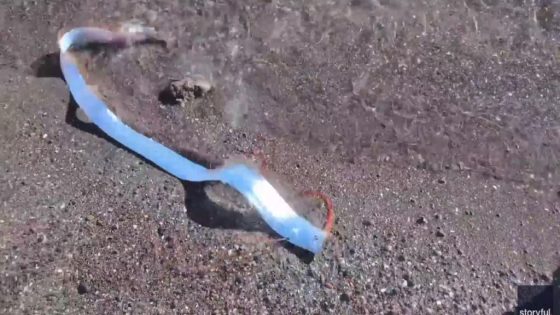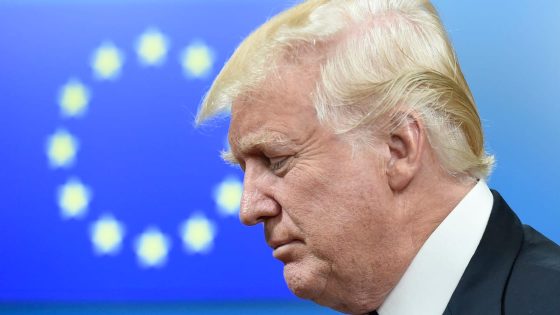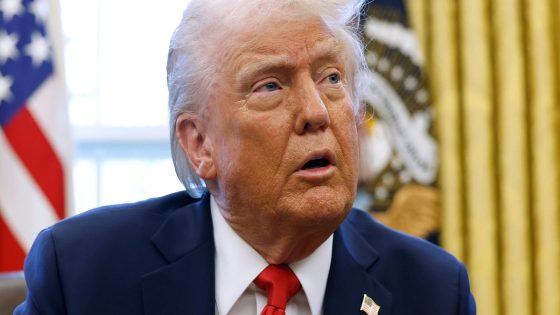On February 24, 2025, the European Union implemented new sanctions against Russia, coinciding with the third anniversary of Russia’s full-scale invasion of Ukraine. These sanctions focus on aluminum imports, shadow fleet vessels, and the export of critical materials such as chemicals and chrome used in precision machine tools.
- New sanctions adopted on invasion anniversary
- Targets aluminum imports and shadow fleet vessels
- Ban on servicing oil and gas refineries
- No full ban on Russian LNG exports
- Concerns over U.S. negotiations with Russia
- Emphasis on transatlantic solidarity with Ukraine
The sanctions also prohibit servicing oil and gas refineries but stop short of banning Russian liquefied natural gas completely. This decision comes amid ongoing discussions with Washington regarding potential increases in U.S. LNG exports to Europe.
The new sanctions reflect the EU’s ongoing commitment to support Ukraine amidst the ongoing conflict. The package aims to increase pressure on Russia by limiting its access to essential materials and services that support its military operations. European leaders emphasized the need for solidarity with Ukraine in their joint statement, highlighting the economic repercussions faced by Russia due to its actions.
Key details of the sanctions include:
- Targeting aluminum imports and shadow fleet vessels.
- Restrictions on exports of chemicals and chrome.
- A ban on servicing oil and gas refineries.
Despite these measures, the EU has opted not to impose a complete ban on Russian liquefied natural gas, indicating a strategic decision to balance sanctions with energy needs in Europe. The ongoing discussions with the U.S. about increasing LNG exports suggest a coordinated effort to ensure energy security while maintaining pressure on Russia.
In summary, the EU’s latest sanctions are part of a broader strategy to respond to Russia’s aggression in Ukraine, reinforcing the need for international cooperation and support for Ukraine. The situation remains fluid, with potential implications for energy markets and geopolitical dynamics in Europe.
The EU’s new sanctions against Russia signal a firm stance against the ongoing conflict in Ukraine, with a focus on limiting Russia’s military capabilities while balancing energy needs in Europe.



